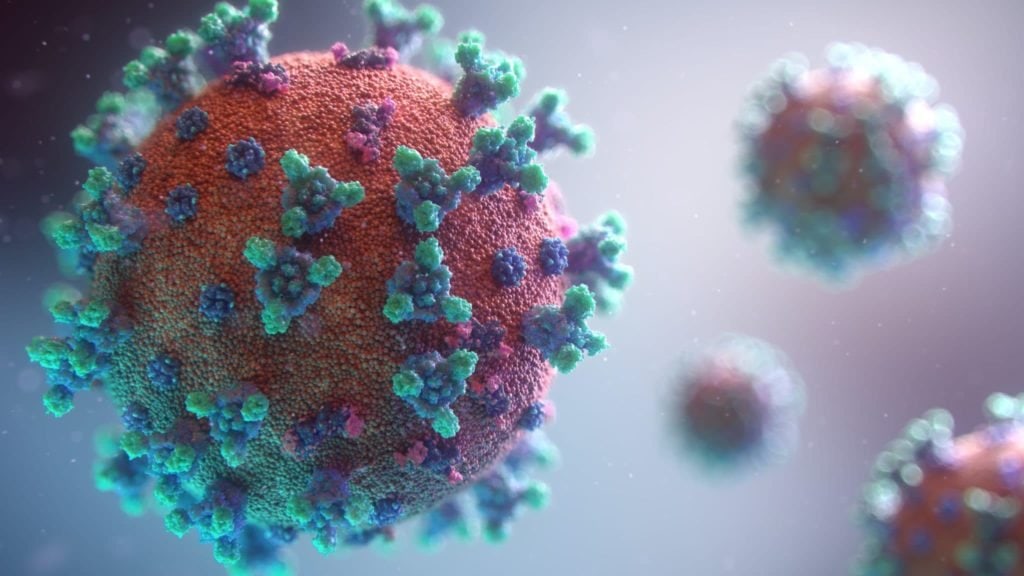Cancer Cases Expected to Hit Record High in 2024, Experts Explain Potential Causes
While the risk of dying from cancer has declined, cancer incidence has been rising for six of the most common cancers: breast, prostate, endometrial, pancreatic, kidney, and melanoma.

The report found that cancers have also been increasing in younger people, specifically colorectal cancer in those under 55 and cervical cancer in women aged 30 to 44. Oral cancers associated with the human papillomavirus (HPV) and liver cancer in women have also increased.
ACS’s estimation was based on case numbers reported from 2006 to 2020 in all 50 states. There is currently no available data on real-life cancer cases past 2020.
“Modeled counts were then projected forward 4 years based on the most recent 4-year average annual percent change,” the authors wrote in the report.
This means that the new facts and figures on 2024 “do not have information on possible COVID virus- or vaccine-related effects on cancer incidence,” Dr. Harvey Risch, professor emeritus in epidemiology at Yale University, with particular interests in cancer, told The Epoch Times.
Dr. Risch said that ACS’s estimations for 2024 may be reliable “as long as nothing much is happening in the population.”
But with COVID-19 and its mass vaccine rollouts coming out at the end of 2020, “relying on the older data to estimate recent incidence would not be reliable,” he said.
“It would be useful to examine the 2020 data separately,” he said. He has analyzed the 2020 publicly available surveillance, epidemiology, and end results (SEER) data, which are also included in the ACS’s report.
“There is a deficit for 2020 of about 11 percent, which likely reflects the March–May lockdown effects that the ACS discusses as to how they accounted for that,” he explained.
The ACS researchers acknowledged that their report currently does not reflect possible changes impacted by the pandemic.
“Researchers have not yet analyzed the potentially myriad ways in which the pandemic affected these cancer statistics,” the ACS wrote in their media report.
Reasons for the Increase in Cancer Cases
While the rise in cancer cases could be partially due to overdiagnosis, the authors said that increased cancer screening is an unlikely cause.Take colorectal cancer, for example.
“People born after the 1950s have higher risk for many cancers, most notably colorectal cancer. We know it is not more screening because the death rate for colorectal cancer is increasing in this population as well as the incidence rate,” Ms. Siegel said.
If the uptick is due to more screening, there should be a greater decline in the death rate.
The obesity epidemic likely contributes but does not fully explain the trend, she added.
“There is much research in this area, but some hypotheses include changes in diet like more processed food, changes in the gut microbiome, overuse of antibiotics, and microplastic exposure.”
“In recent decades, there is an emerging trend that people tend to be engaged in sexual activity at a young age and have multiple sexual partners, which can increase the likelihood of HPV infection,” she said.
“It is well-recognized that HPV is a carcinogenic virus. The role of HPV in causing cancer is primarily due to its cancer-inducing proteins. These proteins break down the body’s tumor-fighting mechanisms, leading to rapid and uncontrolled cell multiplication.”
COVID-19 and Vaccines
While the ACS data do not show any effects of COVID-19 and its vaccines, there are concerns that “frequent use of the COVID-19 vaccine could also be detrimental to our cellular genes and make them vulnerable to cancer,” Dr. Dong said.The recent detection of the SV40 promoter/enhancer gene in the COVID-19 mRNA vaccines has also led some cancer experts to express concerns about potential cancer interactions.
Studies have suggested that the spike protein may be able to interact with a well-known protein responsible for preventing cancer in the body called p53. If the p53 gene and its proteins get suppressed, the body may be at a greater risk of cancer.
“As a p53 researcher I wanted to study the spike protein more and it’s [sic] effects on p53, proposed it in 2020 but did not have sufficient resources,” Dr. El-Deiry wrote.
Reposted from: https://www.theepochtimes.com/health/cancer-cases-expected-to-hit-record-high-in-2024-experts-explain-potential-causes-5568704






.png)

Comments
Post a Comment